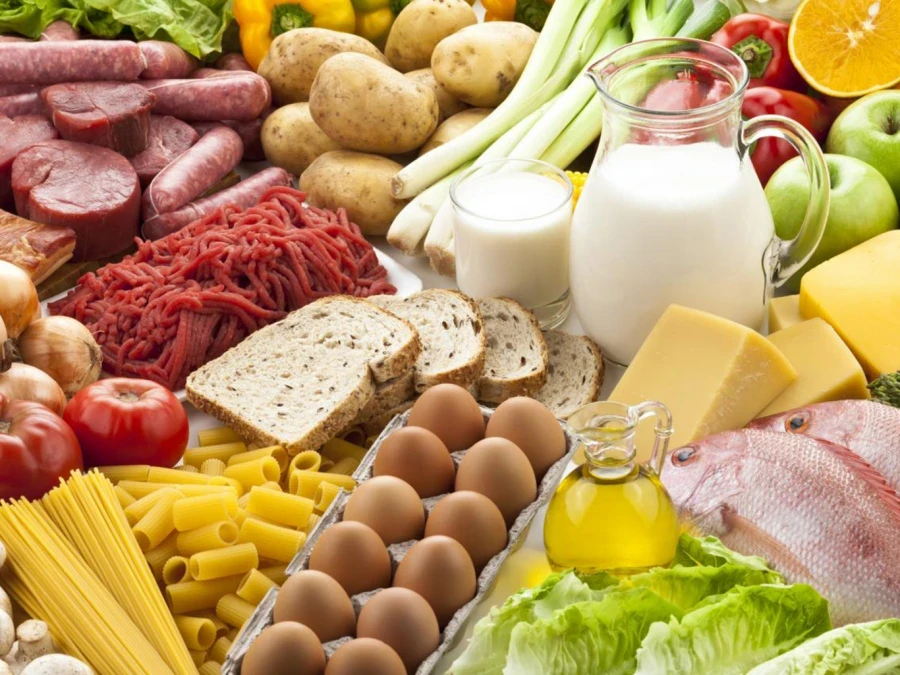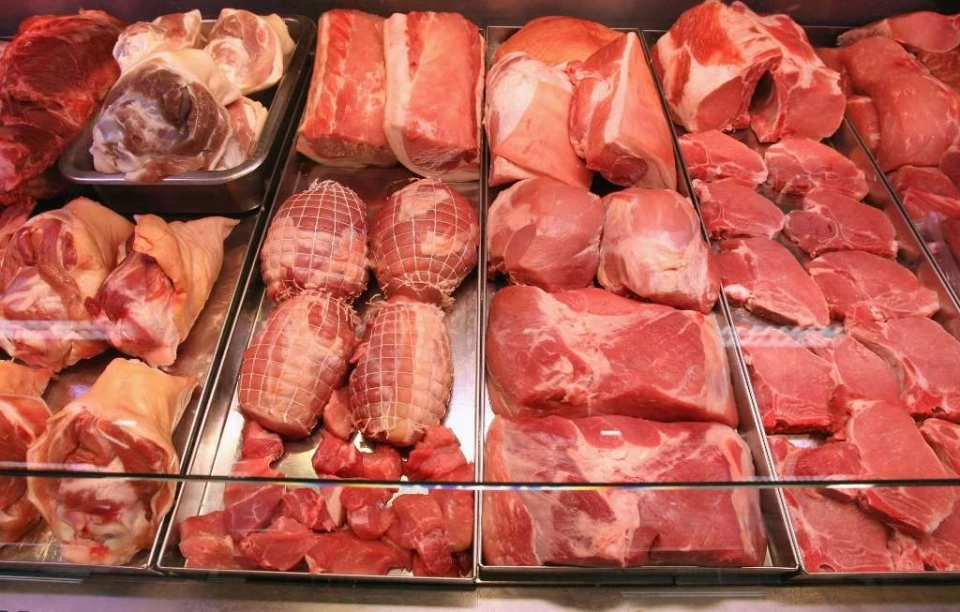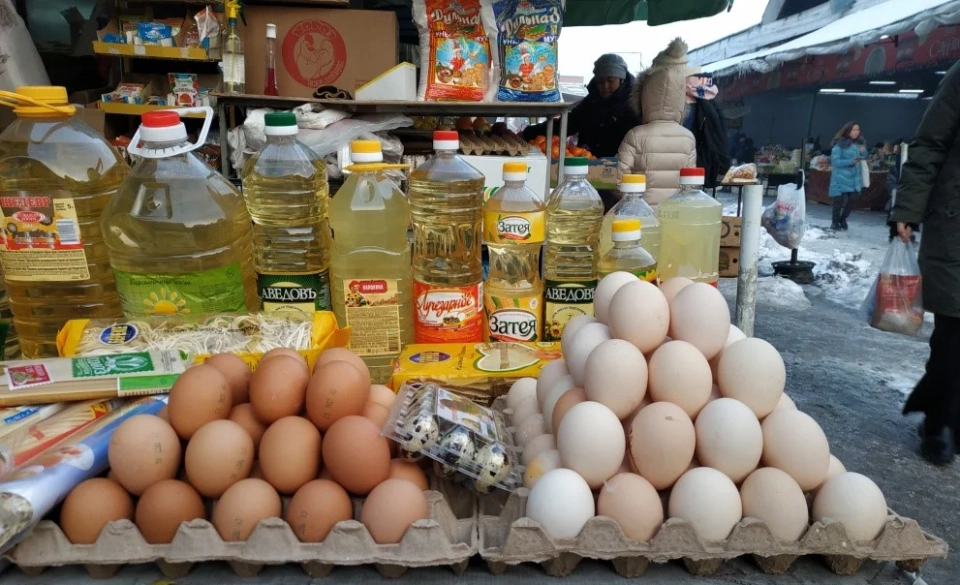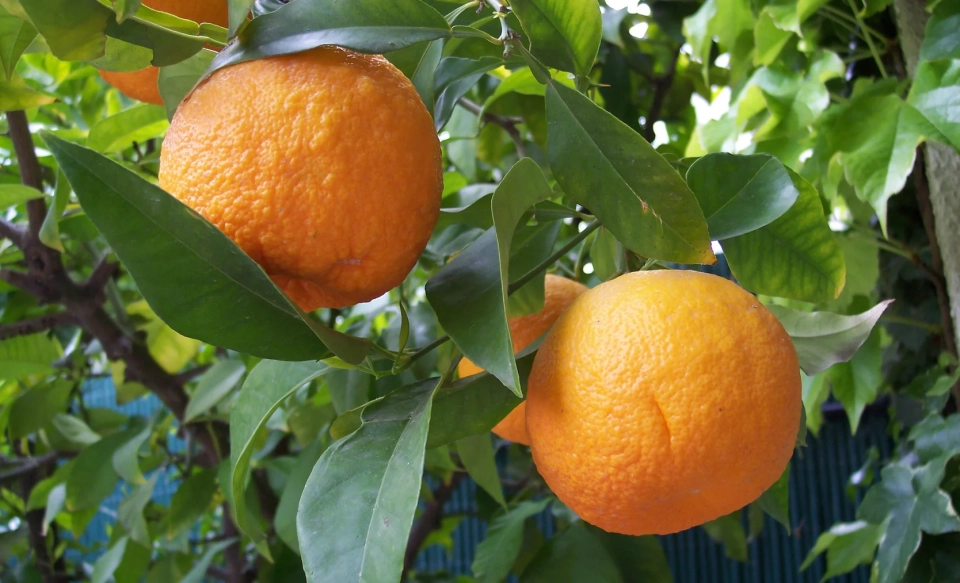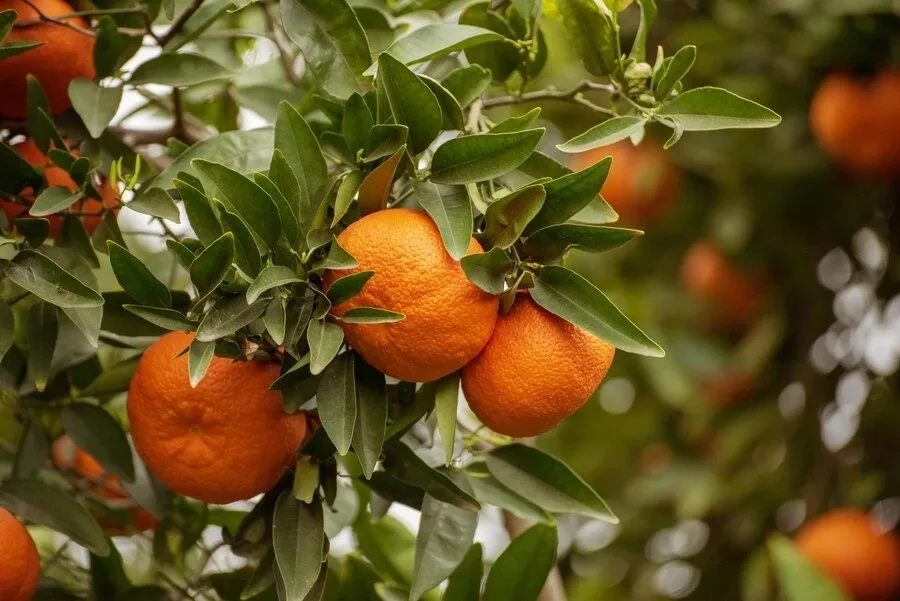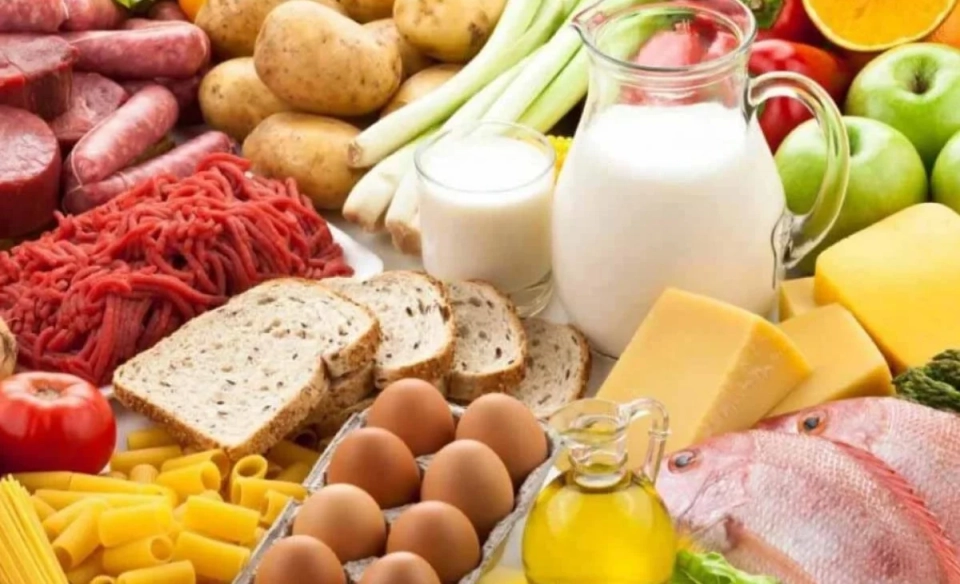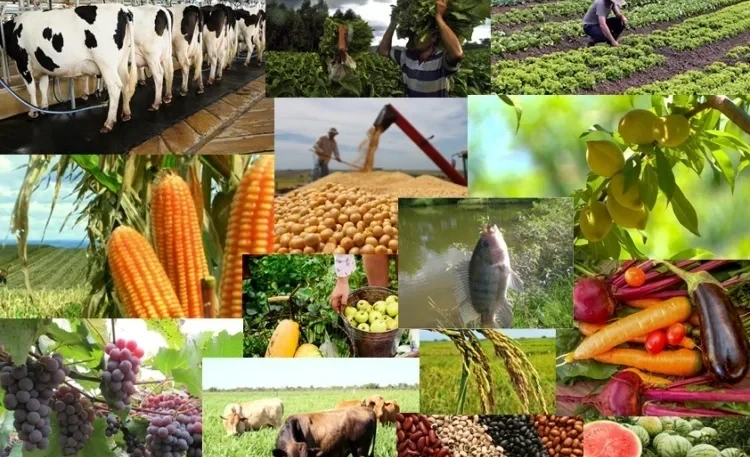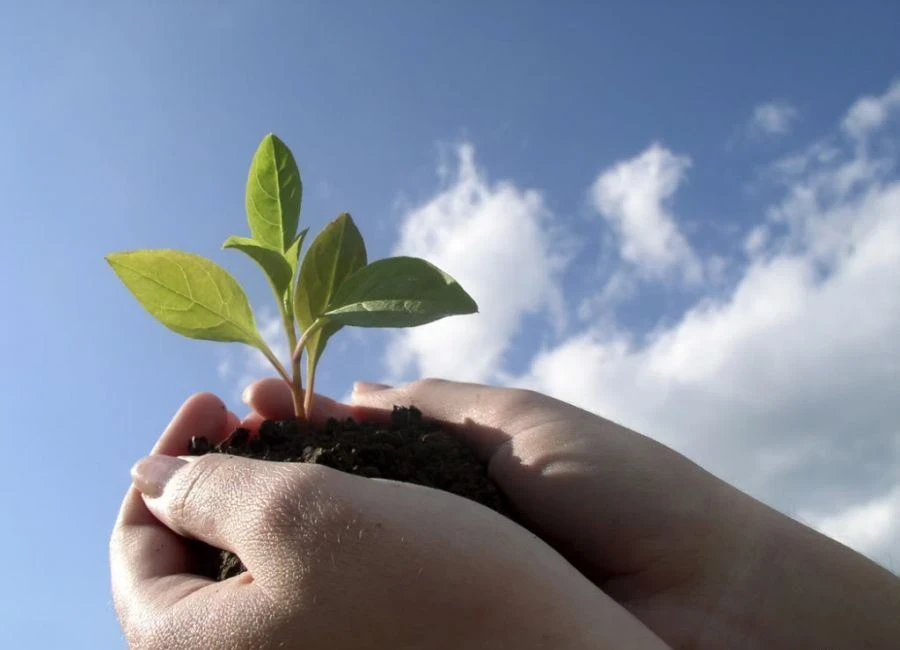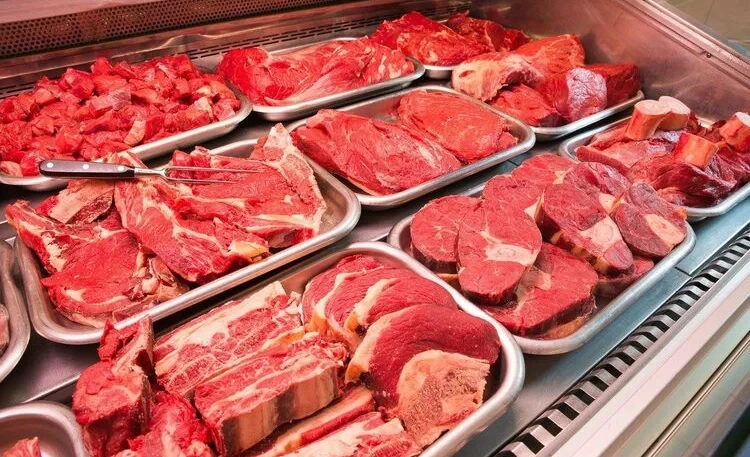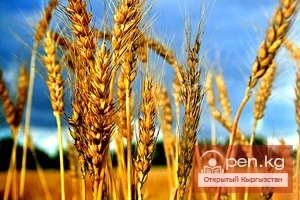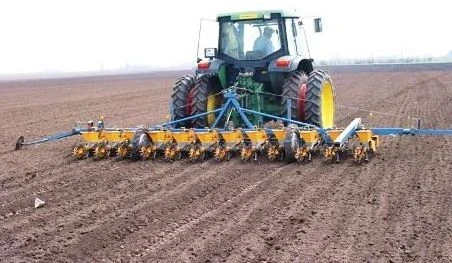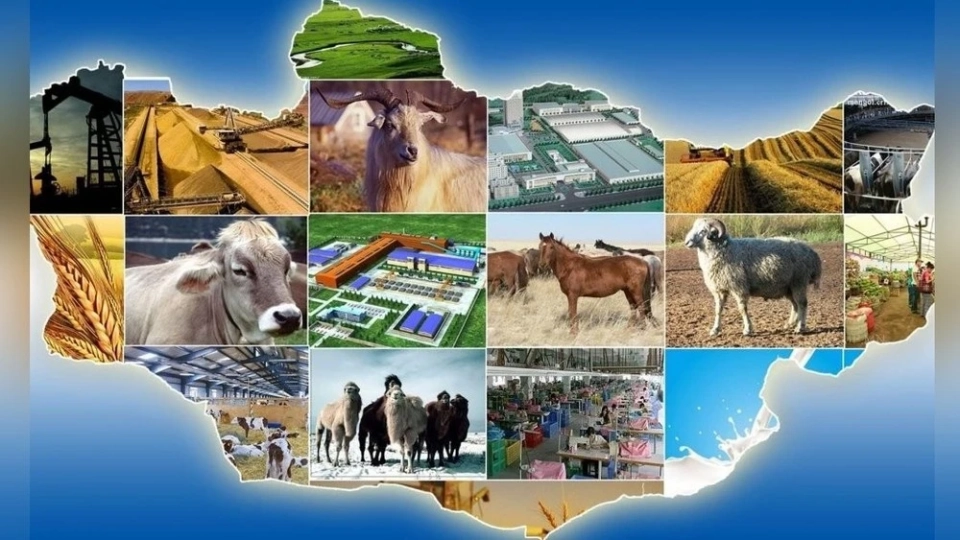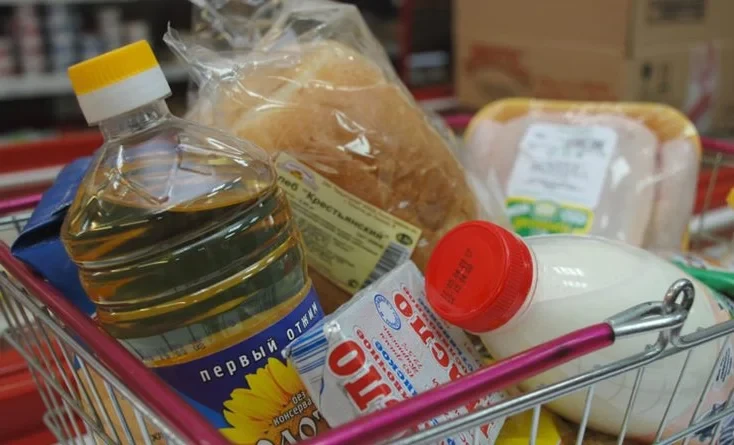
- Currently, significant changes are being observed in the agricultural sector of Kyrgyzstan. At the moment, the republic ensures food security for five out of nine main types of products. However, key goods such as wheat, vegetable oil, fruit and berry crops, and partially eggs remain at risk. Regarding sugar, last year we produced 120 thousand tons, which covered 80% of our needs. However, this year, due to a shortage of irrigation water, we plan to produce only 60 thousand tons, and the remaining part will have to be imported. Within the next five years, we can fully meet food needs through local production if we increase the sown areas to 350 thousand hectares, of which at least 60% will be allocated for winter wheat, which will yield a 35% increase in productivity compared to spring wheat.
We also need to significantly increase the areas for growing sunflower, rapeseed, soybeans, and flax – by three times – to provide the population with quality and affordable vegetable oil. Every year, we receive a large quantity of high-quality fruits and berries in the Issyk-Kul basin and Batken region, but due to a lack of processing and sales, we lose up to 40% of the harvest. For example, only 1% of the famous Batken apricots and dried fruits are processed on-site, while the rest simply goes to waste.
With the active construction of processing enterprises, we could meet our own needs for these products. Currently, we import almost half of our fruits and berries. As for eggs, new poultry farms are already being built, and we have every chance to provide the population with fresh and cheap eggs.
- Recently, the Ministry of Agriculture reported that Kyrgyzstan has achieved food security for a number of key products, yet the population is facing rising prices. The increase in meat prices is particularly concerning, prompting government intervention. What measures need to be taken to ensure that citizens can access quality and affordable agricultural products?
- The situation with meat is paradoxical. In recent years, the number of livestock has significantly increased: by the beginning of 2025, the republic has 1.8 million head of cattle, 6.3 million sheep and goats, 7.7 million poultry, 553.5 thousand horses, and 61.6 thousand yaks. This is even more than during Soviet times. However, private farmers have increasingly engaged in cattle and horse breeding, considering these areas more profitable.
Meat production in 2024 amounted to 460 thousand tons, which is 2.6% more than in 2023. According to preliminary data from the national statistics, from January to October 2025, meat production reached 371.4 thousand tons, which is 4.5 thousand tons more than in the same period last year. Nevertheless, meat prices continue to rise, and the government is forced to intervene in this situation.
Thus, from August 11, 2025, state price regulation for meat has been introduced until the end of the year, with the price per kilogram not to exceed 690 soms.
Additionally, from August 20, 2025, a temporary ban on the export of livestock has been imposed, and on September 26, 2025, it was decided to extend this ban for another six months.
Despite these measures, meat prices have not only failed to decrease but have even risen to 900 soms per kilogram, while the wholesale price from farms is 450-500 soms. According to market rules, the markup should be 15%, but in reality, we observe a doubling of prices.
The reason for this increase lies in the activities of unscrupulous intermediaries who inflate prices. This negatively affects the labor costs of farmers and contributes to inflation, causing harm to the state. If we do not eliminate resellers and hold speculators accountable, the increase in meat production will not lead to a decrease in prices.
Another way to solve this problem is for the government to engage in the procurement, transportation, storage, and processing of meat itself. This will allow for the establishment of the necessary pricing policy. Perhaps it is worth restoring the consumer cooperative system and creating an Agricultural Production Corporation for the procurement and sale of agricultural products.
- We are observing an increase in the number of poultry farms and agricultural cooperatives. What are your forecasts regarding the future of the agricultural sector in Kyrgyzstan?
- You are right. The President of Kyrgyzstan, Sadyr Japarov, signed a decree on July 22, 2024, "On Measures for the Further Development of the Agro-Industrial Complex." This decree gives hope for the development of domestic production. The proposed measures are extremely important, as small-scale agriculture will not yield significant results.
Global practice shows that only large-scale production can ensure high productivity and low costs. In the republic, there are more than 500 thousand small peasant farms, and their fragmentation leads to negative consequences.
The only way out is to consolidate small-scale farms and create cooperatives, which will help preserve the agro-industrial complex. The government can stimulate this by exempting farmers from taxes.
Those wishing to unite can count on interest-free loans from the state. This will increase productivity and efficiency in agriculture. The implementation of the president's decree on farmer cooperation should become a priority in the coming years.
Processing of products is also important, as due to its absence we lose up to 30% of the harvest. The president has instructed to increase the volume of processed products to 50% by 2040, for which significant funding is planned.
- Which sectors of agriculture have export potential? What crops and projects should our farmers develop?
- There is export potential in almost all sectors of our agriculture, as they are conducted in environmentally clean conditions. Particularly promising are potatoes, vegetables, fruits, berries, beans, milk, meat, fish, and honey. Their guaranteed sale is ensured by high quality and demand in the external market.
- Vegetables and fruits from Kyrgyzstan are of high quality and in demand. However, increased external demand may lead to rising prices domestically. What measures are in place to ensure stability and protect the domestic market?
- Export issues should be addressed in accordance with the Law "On Food Security," which guarantees citizens access to quality and safe food. Price control must be implemented to prevent unjustified markups. The Antimonopoly Regulation Service bears significant responsibility in this regard.
Unfortunately, the antimonopoly service often fails to respond to emerging problems in a timely manner, and state bodies have to intervene in pricing policy. The government and the Ministry of Economy should enhance the accountability of the antimonopoly service for its work.
In conclusion, food security is a key aspect of national security.
